The untimely demise of the Marvel Cinematic Universe has been greatly overstated.
When Ant-Man and the Wasp: Quantumania first hit theaters, a lot of critics bemoaned how lackluster the latest installment of the MCU saga was. The movie made everyone at the studio reconsider how it lost so much goodwill in a short amount of time post-Thanos. The head honcho at Marvel, Kevin Feige, even stated that the failure of the film made him reconsider claims of superhero fatigue—an idea he had previously dismissed. He vowed that he learned from the lessons of mixed receptions to his latest movies and, from that point on, planned on releasing fewer movies each year.
The latest Ant-Man installment was set up to be the anchor of Phase 5 of the Marvel Cinematic Universe, and it had the budget to match. According to a very detailed report by Forbes, the film cost $327M to produce. For context, Avengers: Infinity War reportedly cost $356M, and that is probably the most stacked cast in a Marvel movie ever. The movie, however, only made $476.07M, and considering the studio shares 50% of their earnings with the theaters that show the film all over the world, the studio was understood to have only made $238.05M back from the movie.
To add salt to the wound, the main purpose of the film was to set up Kang as the next main villain of the MCU. But the actor who plays Kang, Jonathan Majors, had run-ins with the law, where he was accused of assaulting his then-girlfriend. Marvel took their time and ultimately decided to go back to the drawing board, then opted to reintroduce Robert Downey Jr., this time as Doctor Doom going forward. Despite all this turmoil, thanks to some financial maneuvering, the studio reportedly managed to still eke out a modest profit of $88,000 from Ant-Man and the Wasp: Quantumania.
The U.K. government has a sweetheart deal for large movie productions whereby films that have at least 10% of production activities occurring in the United Kingdom get a 25.5% cash reimbursement. Through that, the excellent accountants at Disney ensured they utilized these government initiatives so that they could turn its loss on paper to a profit in its year-end books. And listen, congrats to Disney for having found ways to ensure its loss does not greatly affect the business side of the company, but maybe next time try listening to fans instead of dismissing them and making it only possible for them to communicate with their dollars.
It’s not doubtful to us whether Marvel can still create fantastic movies and TV shows; it’s the greatest franchise of our time. But finding out they’ve safeguarded themselves at the back end makes it seem clear that when they do push out rushed and substandard content, it’s only the filmmakers and fans who get affected, which is disheartening. But on the bright side, Feige seemingly quickly responded to fans’ demands to slow down their output, and it’s clearly already translating, seeing how positively everyone is responding to Agatha All Along. It seems they’re finally back to putting in as much work in the writer’s room as they put in their accounting offices.
Going forward, there are films that fans have huge expectations from, such as The Fantastic Four: First Steps, Avengers: Secret Wars, and the fourth Spider-Man. So let’s hope that they get the sixth phase right.

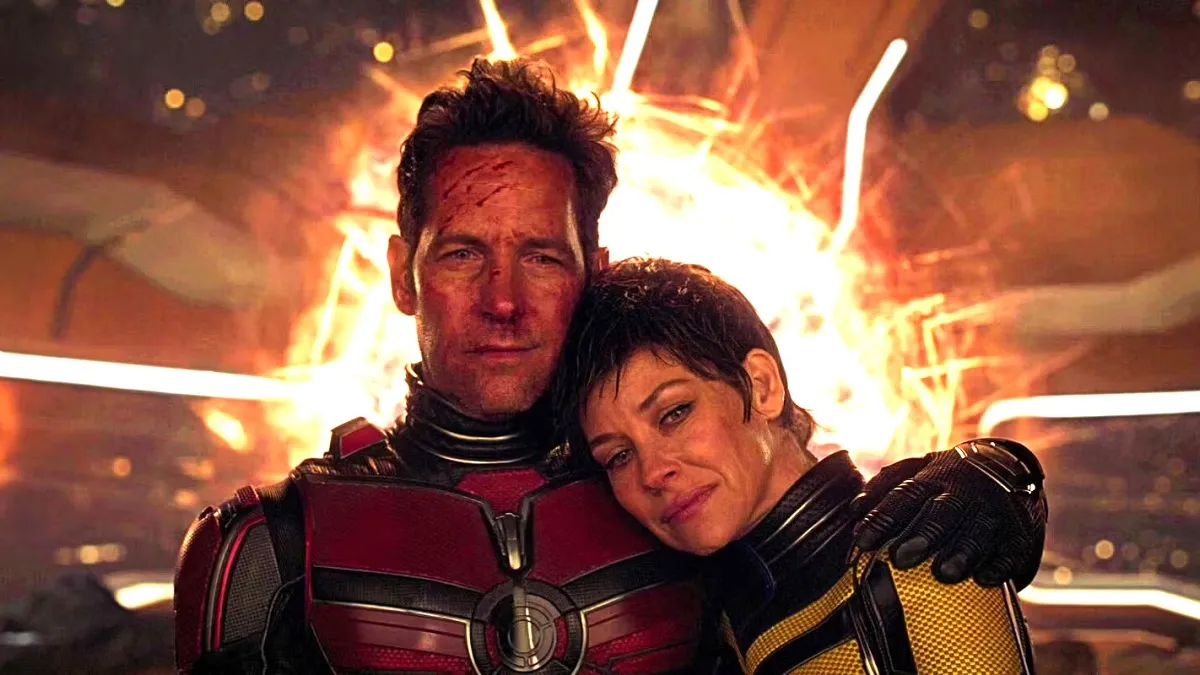

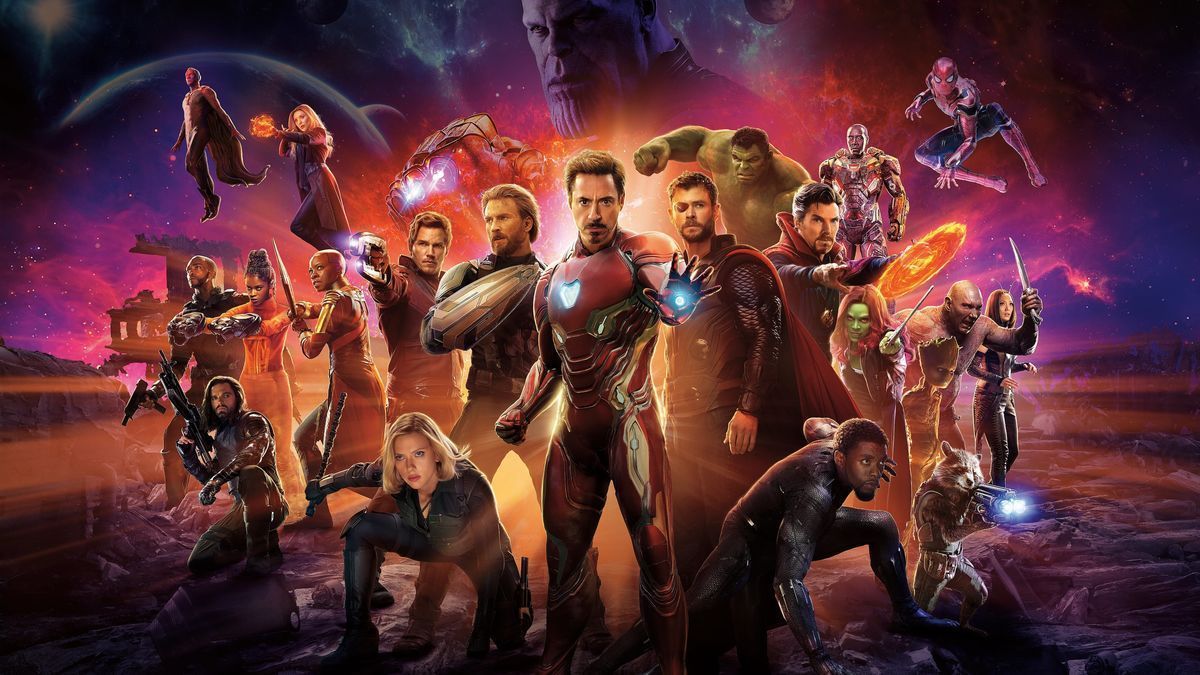
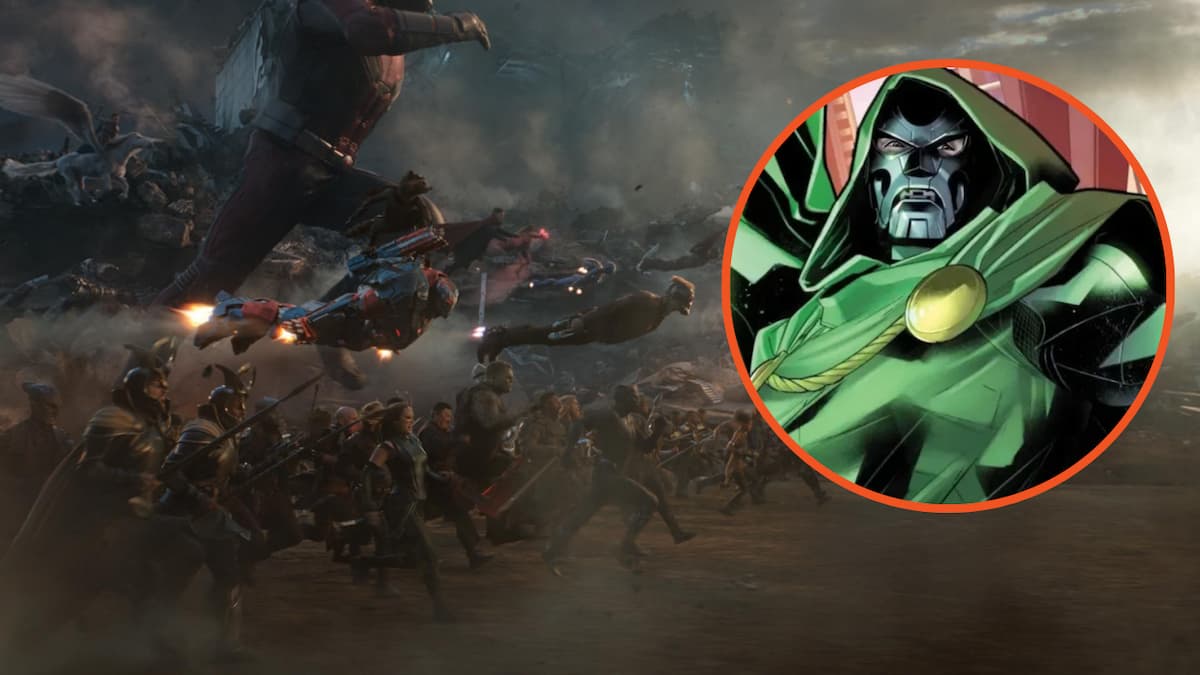


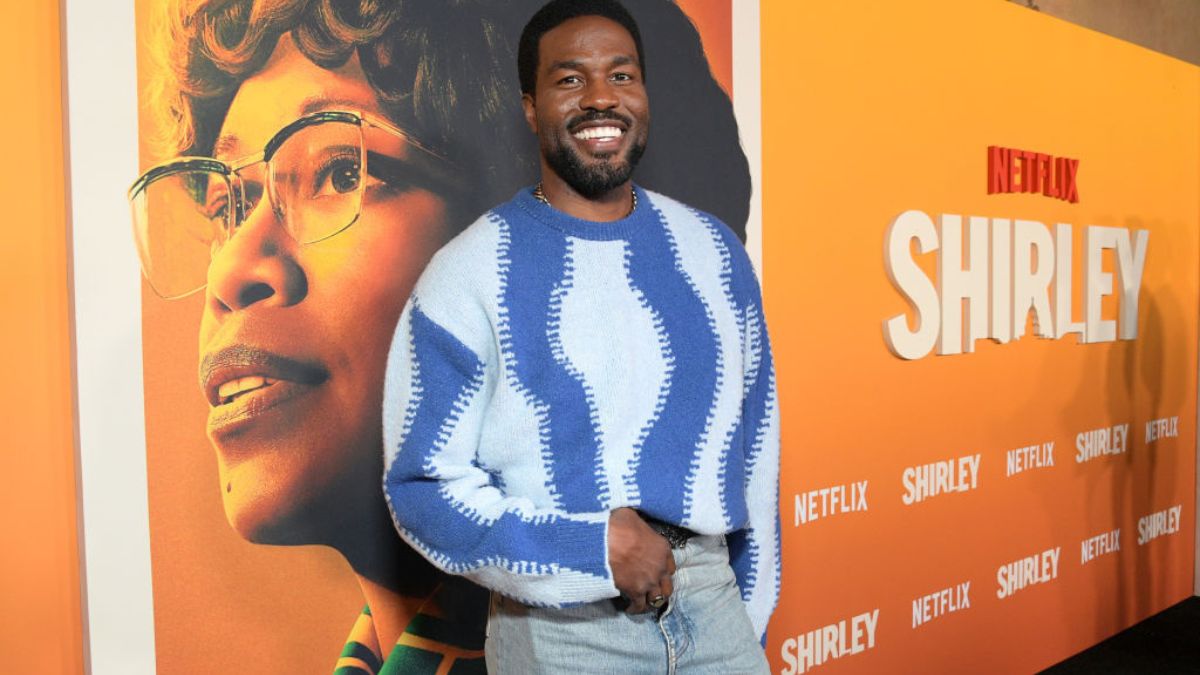
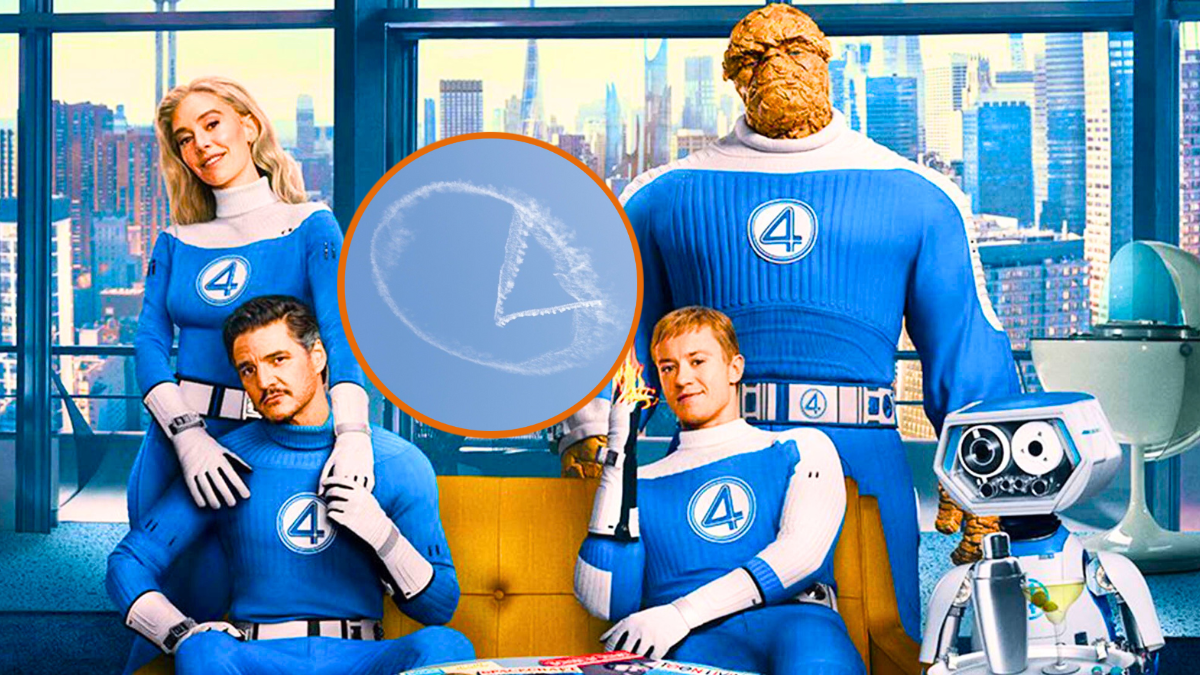


Published: Oct 29, 2024 12:57 pm